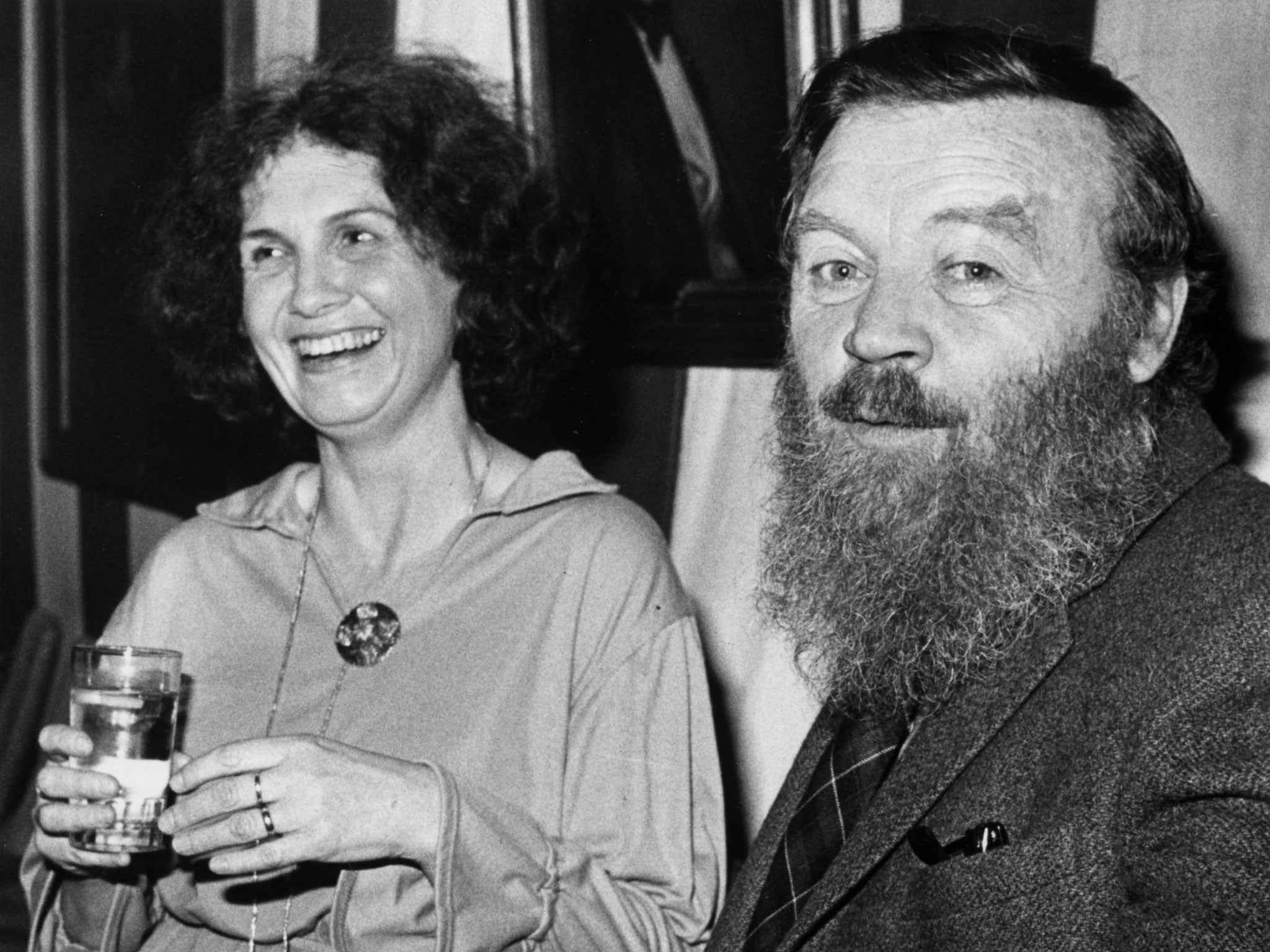Farley Mowat: Author whose impassioned books about the wild served to inspire generations of environmental activists

Your support helps us to tell the story
From reproductive rights to climate change to Big Tech, The Independent is on the ground when the story is developing. Whether it's investigating the financials of Elon Musk's pro-Trump PAC or producing our latest documentary, 'The A Word', which shines a light on the American women fighting for reproductive rights, we know how important it is to parse out the facts from the messaging.
At such a critical moment in US history, we need reporters on the ground. Your donation allows us to keep sending journalists to speak to both sides of the story.
The Independent is trusted by Americans across the entire political spectrum. And unlike many other quality news outlets, we choose not to lock Americans out of our reporting and analysis with paywalls. We believe quality journalism should be available to everyone, paid for by those who can afford it.
Your support makes all the difference.Farley Mowat’s impassioned books about wildlife and native cultures inspired generations of environmental activists and sparked criticism of his methods. He became such an outspoken activist that US customs officials barred him from crossing the border from his native Canada in 1985, noting that he was on a list of “subversive” foreign nationals.
Mowat wrote novels, memoirs and children’s books as well as a 1987 biography of Dian Fossey, the naturalist who fought to save gorillas and was murdered in Rwanda. He was best known for his reports from the remote regions of Canada. Since he was 14 he had travelled with expeditions to the north, where he was affected by the wildlife, the people and the land.
Seeking solitude after shattering combat experiences in the Second World War, which he later wrote about in And No Birds Sang and other books, Mowat journeyed to northern Canada in the late 1940s. His first book, People of the Deer, about Inuits dependent on roaming herds of caribou, brought attention to the poverty and other struggles of a forgotten culture. In a second book about the Inuit, The Desperate People, Mowat said Canadians had condemned segregation in the American South and apartheid in South Africa but ignored their own indigenous people. “We looked virtuously in all directions,” he wrote, “except northward into our own land.”
His writing inspired parliamentary debate in Canada and changes in practices towards the native inhabitants of the Arctic. Margaret Atwood noted that People of the Deer had the same impact on the treatment of native peoples as Rachel Carson’s Silent Spring on the environmental movement.
He was born in 1921, in Belleville, Ontario. His father was a librarian, and in the early 1930s the family settled in Saskatoon, Saskatchewan. Before he turned 12, Mowat was writing a column on birds for a local paper. He served in the Second World War, returning traumatised by the gruesome scenes he witnessed in Italy. He graduated from the University of Toronto in 1949. He wrote about his childhood in a series of warm memoirs and children’s books, including The Dog Who Wouldn’t Be (1957).
After working on a scientific study of wolves in Manitoba, Mowat published Never Cry Wolf about the experience in 1963. He described the animals in terms of a nuclear family, with parents caring for abandoned pups. His sympathetic, humanising portrayal provoked widespread anger from farmers and others who thought wolves were predators to be eliminated. The book led to a more sensitive understanding of wildlife by the public. After it was translated into Russian the Soviet government abolished the hunting of wolves.
Critics question Mowat’s methods. In 1996 the journalist John Goddard compared Mowat’s diaries and field notes with his books, concluding that he often relied on exaggeration and fabrication. “I never let the facts stand in the way of the truth,” he replied, describing his work as “subjective non-fiction.” He said the larger issues he explored remained. “I thought these books would change the way people think about the natural world and the course of human destiny,” he said. “But we’re still killing whales. We’re still killing wolves. We’re still contaminating the air and the land and the water around us.”
Farley McGill Mowat, author: born Belleville, Ontario 12 May 1921; married firstly Frances Thornhill (marriage dissolved; two sons), secondly Claire Wheeler; died Port Hope, Ontario 6 May 2014.
© The Washington Post
Join our commenting forum
Join thought-provoking conversations, follow other Independent readers and see their replies
Comments